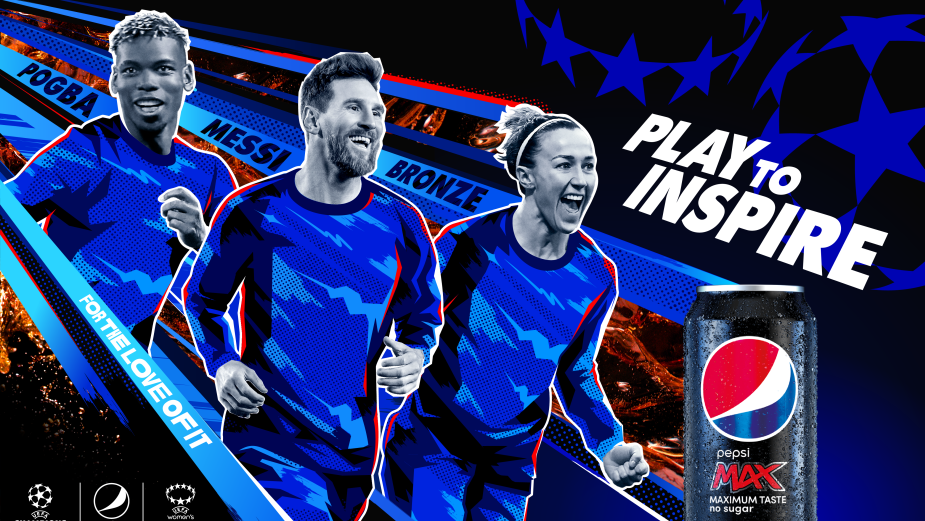On the 31st of July this year women’s football in this country was changed forever as the Lionesses were crowned champions of Europe. Quite apart from the incredible sporting feat, which gave weary English hearts a chance to celebrate after 50 years of hurt, the tournament proved a watershed in other ways. People started to take notice. The sport, which for many years had been deemed a bit of a niche interest, began to be talked about by football fans of all kinds in homes, offices, pubs and on social media.
Alongside this newfound interest came the interest of brands. Major global players such as Pepsi and Amazon began featuring prominent women players in campaigns across their channels. Domestically, companies as far reaching as Tesco, Royal Mail, Specsavers and Sainsbury’s were jumping on the brandwagon. Individual players were signing brand deals with top fashion brands, collaborating with musicians and promoting holiday destinations. The impact felt seismic and a major shift from previous tournaments.
On a personal level, I never imagined when I first began following women’s football many years ago that I would one day drink a can of Pepsi featuring Lucy Bronze’s face alongside Lionel Messi’s. Or that the viral ‘swede carrot lime’ (if you know you know) Sainsbury’s advert would refer to anyone other than the men’s team. For once the response and excitement felt equal and the sense of possibility felt infinite.
Whether the brands created the hype and the public responded or the public created the hype and the brands responded is a matter for another day and another discussion on the models of brand building. But one thing had become apparent, equality between men’s and women’s sport can only be truly achieved with commercial and big brand backing. The BBC viewing figures, whilst impressive, could never achieve the staying power of major brand activity. After the tournament finishes and the headlines move on, the players who won the Euros will achieve success and notoriety through their continued presence in the public space and big brands can open all the doors. The Euros was a fantastic example of what can be achieved when the right brand activity collides with a fairy-tale scenario. I can only hope that big brands recognise the role they have to play in promoting women’s sport across the board and that the Lionesses’ success in that arena will only be the first example of many.
A month on from the final I’m still digesting the impact the tournament will have on the sport I love. For the first time I’ve struggled to get tickets for an England qualifier match. Lucy Bronze’s face is still on the drinks in the agency fridge and captain Leah Williamson is modelling for Gucci. I can barely move on Instagram without seeing pictures, congratulations, team news and sponsorships. The world of women’s football has changed irrevocably that’s for sure, but the world of women’s sport at large remains open, ready for the taking by brands big enough to seize the opportunity…
